Questions and answers – probably, probably not
Question: What do you think of when you hear the word POACHING? Rhinos and elephants in Africa, deer in the local forest, fish from the village pond? Probably. Cacti and succulents? Probably not.
Pieter Van Wyk, Nursery Curator, Richtersveld Transfrontier Park, capetalk.co.za
But why? Maybe you’ve never heard about SUCCULENT PLANT POACHING? This seems to be obvious because there is not much to read and hear about. The reason is simple: plants lack a lobby. They are not cute and social beings like, for example, elephants and gorillas; they are not perceived as suffering creatures because they are mute and do not leave pools of blood or helpless babies behind when they are snatched out of nature and/or life.
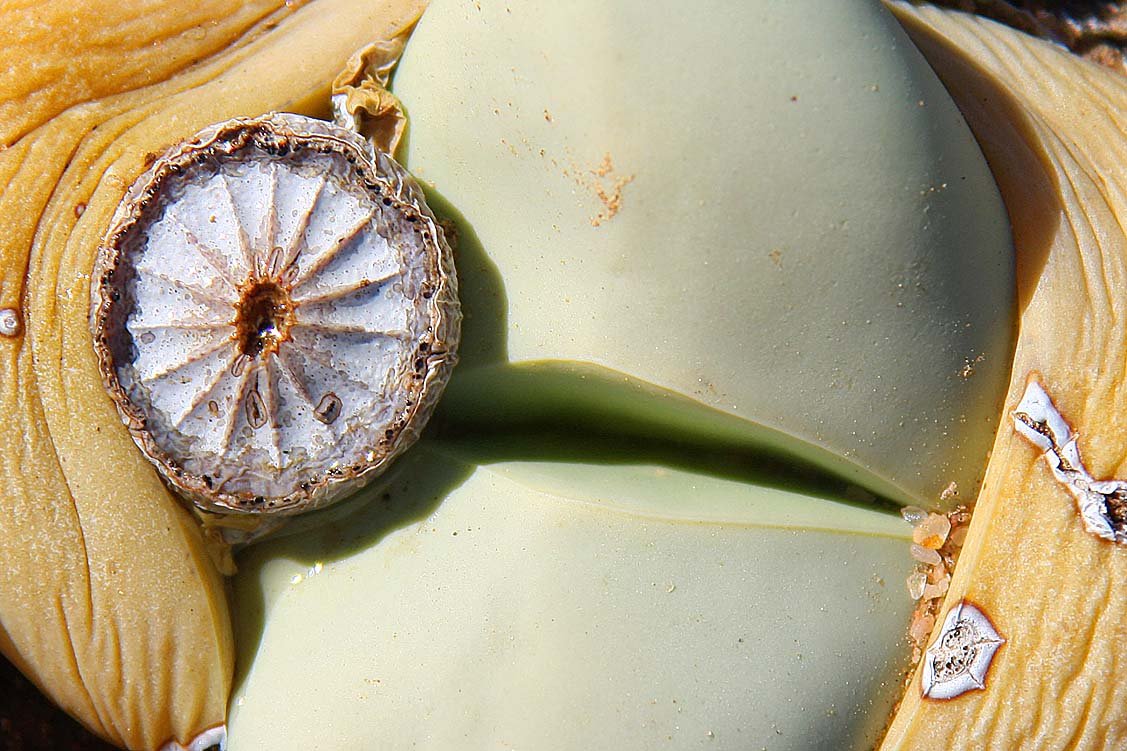
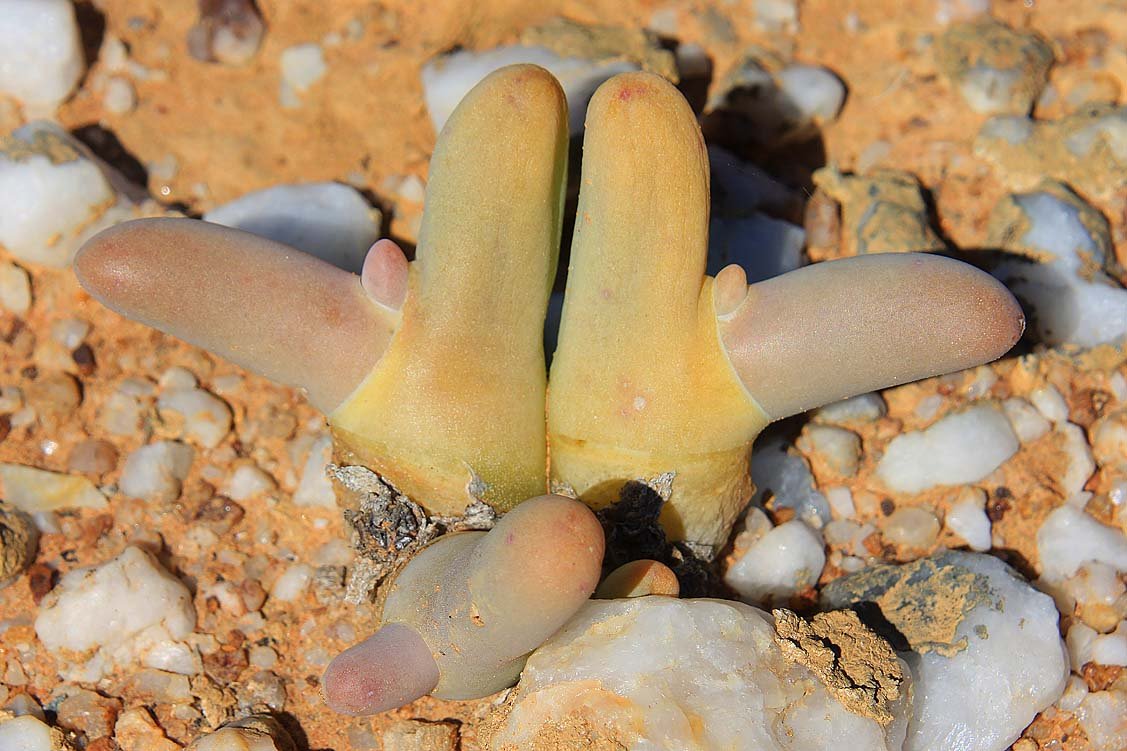
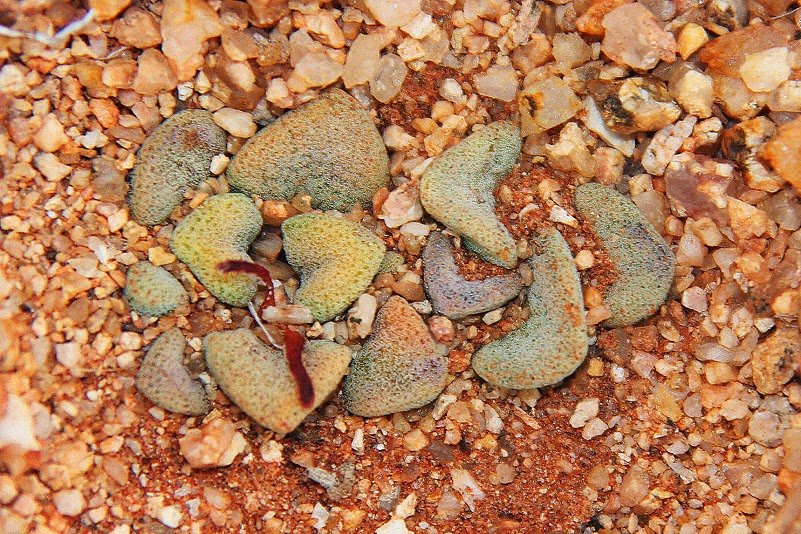
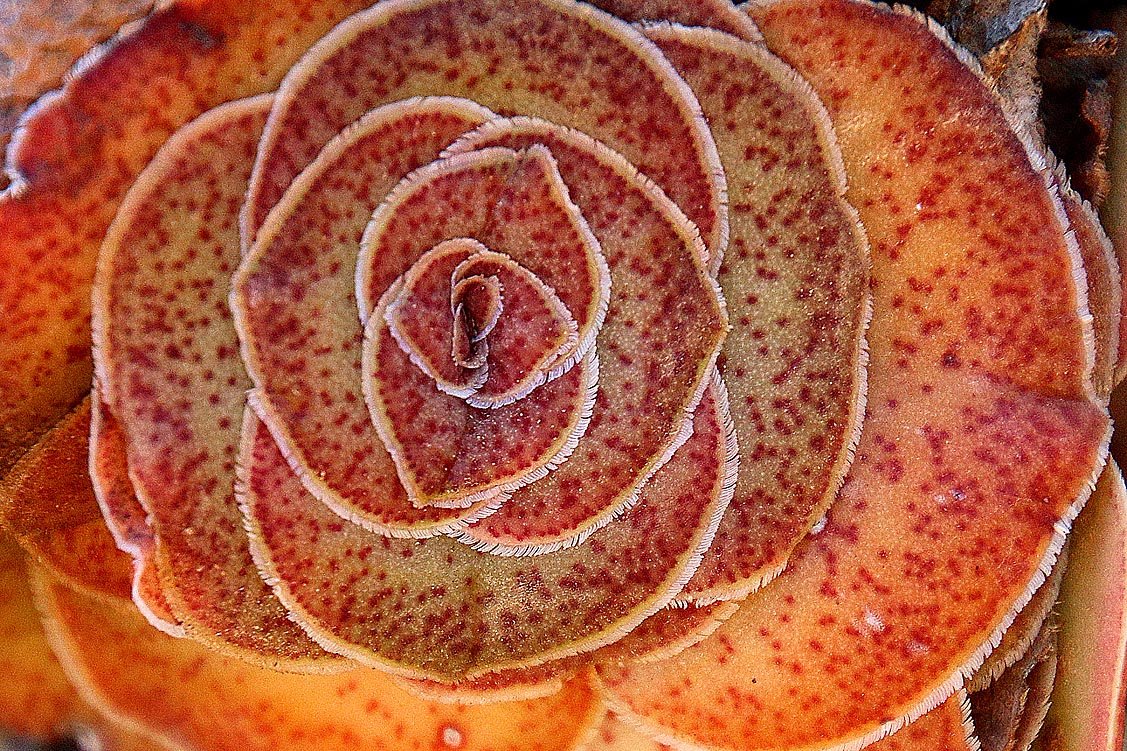
This does not mean that Plant Poaching is not a problem – in contrary. Plant Poaching has reached a financial dimension that is nip and tuck with drug trade – rare succulents achieve top prices like heroine – or like ivory, like rhino horn. Just imagine that!
Next question: Have you ever thought about taking a stand against poaching? If so, how? Donate money? Probably. Grab a gun to protect the animals? Probably not – because this is a tantamount to suicide. So what can you do to help protecting succulent plants?
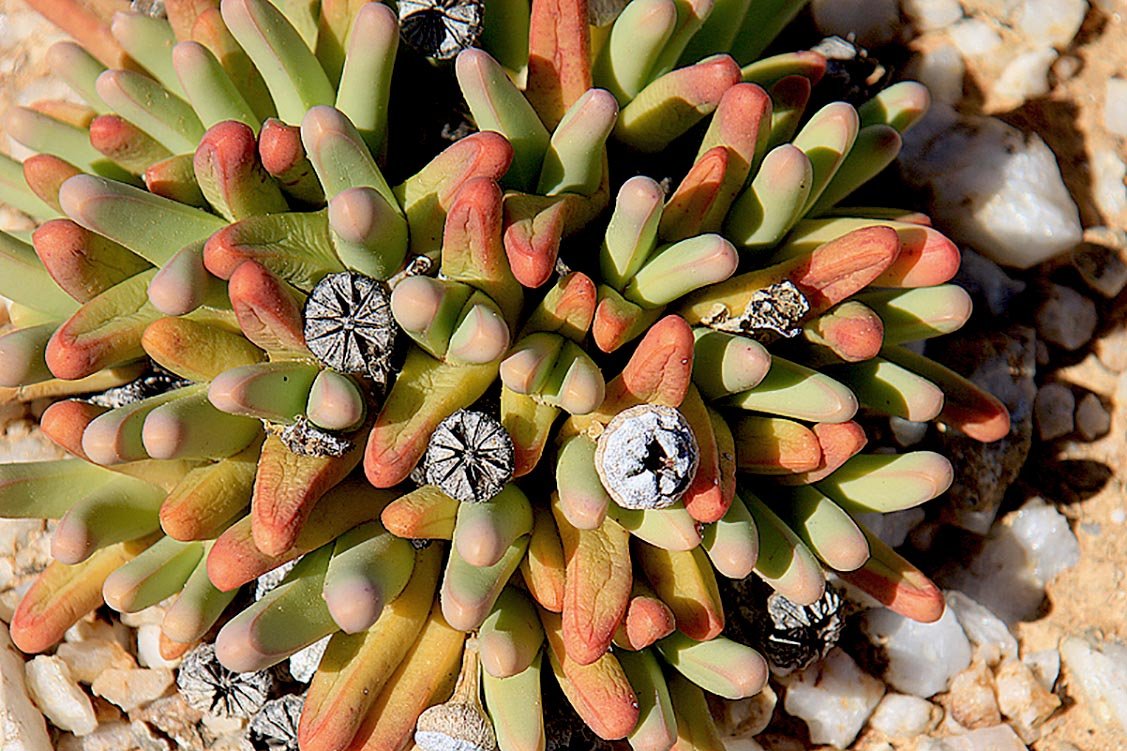
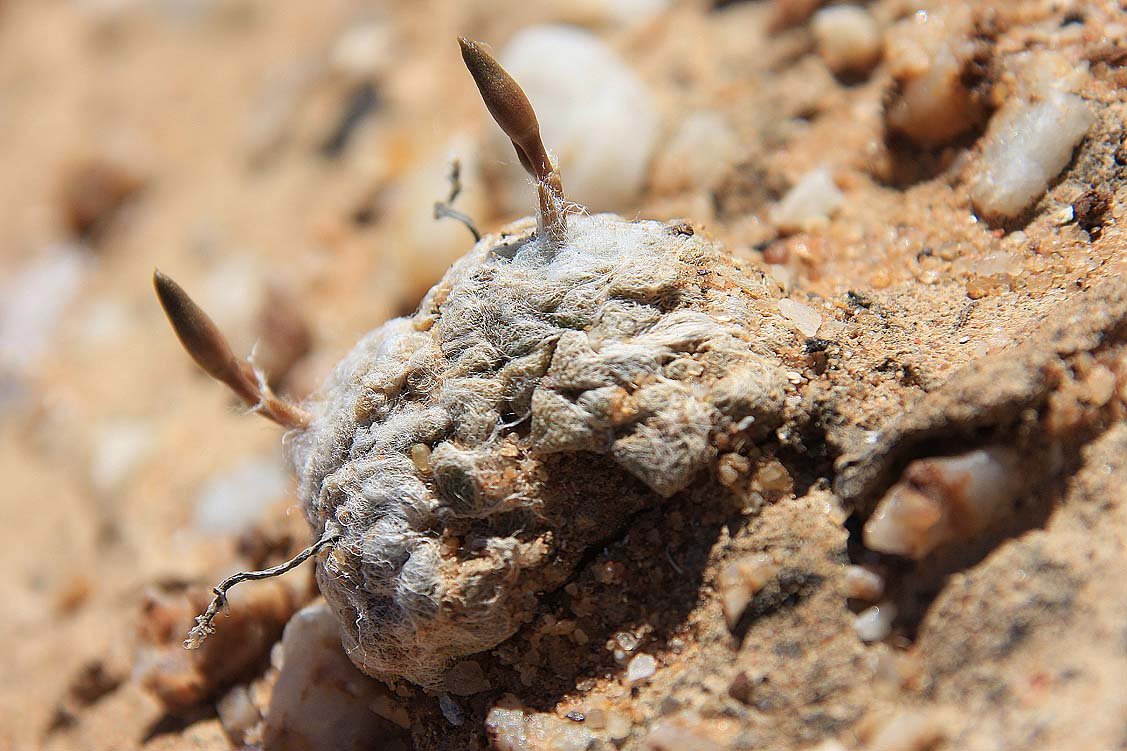
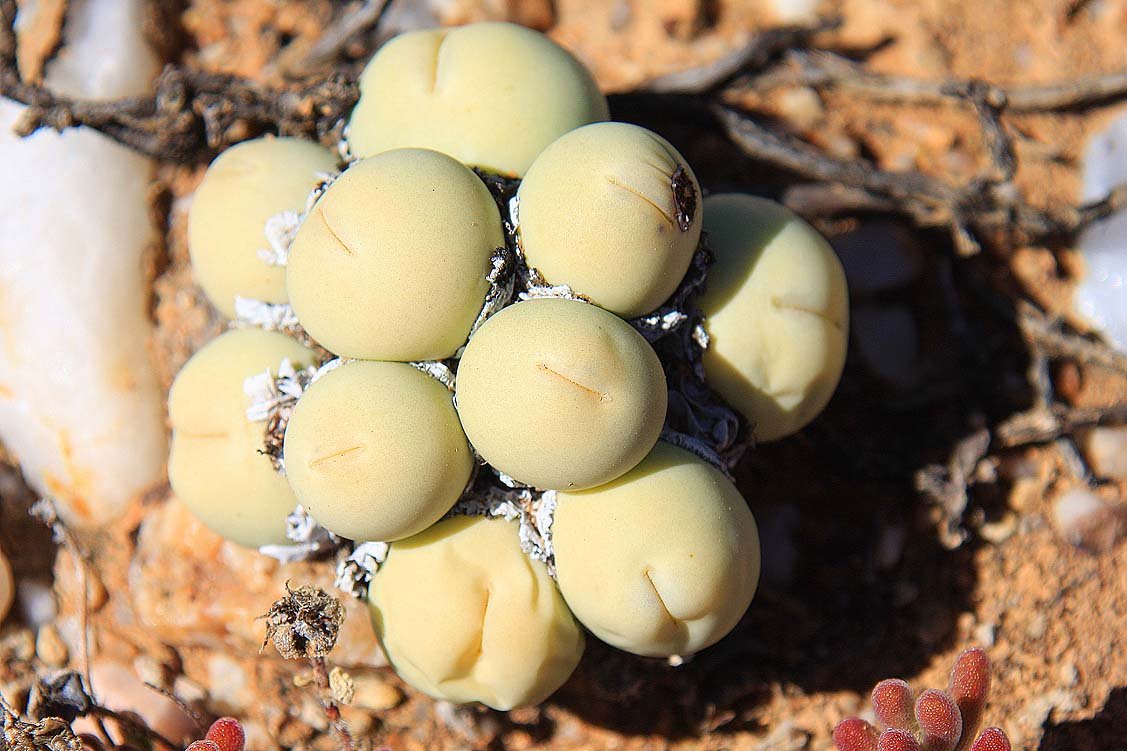
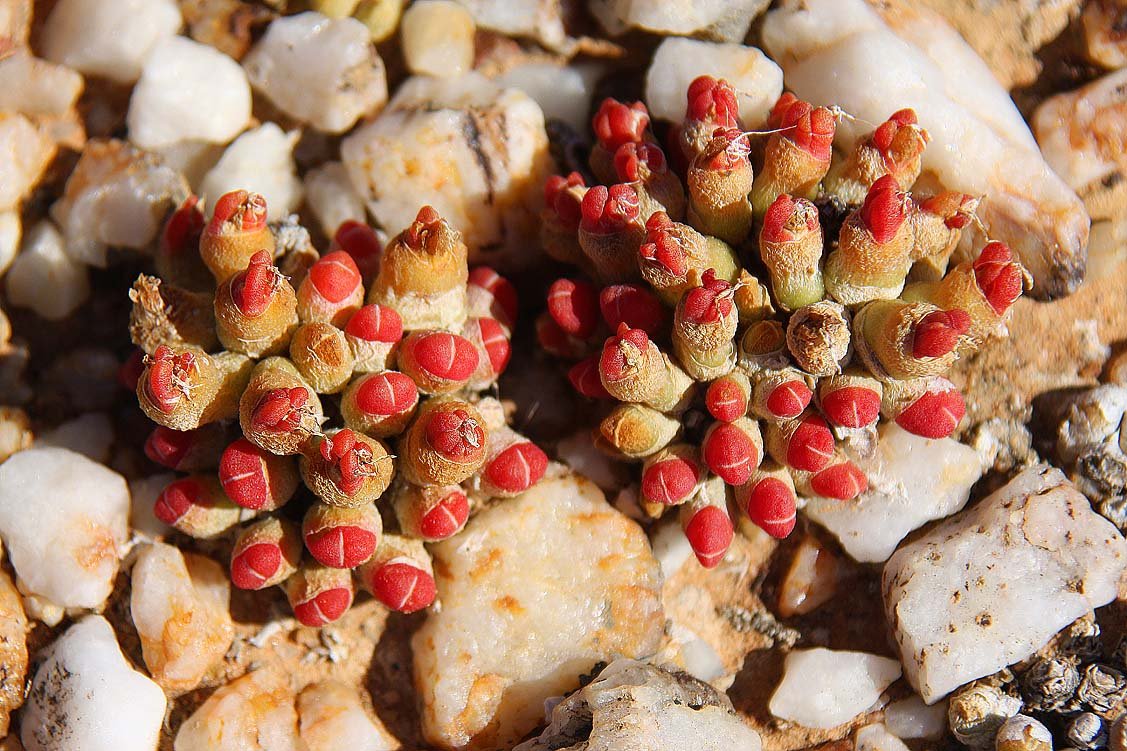
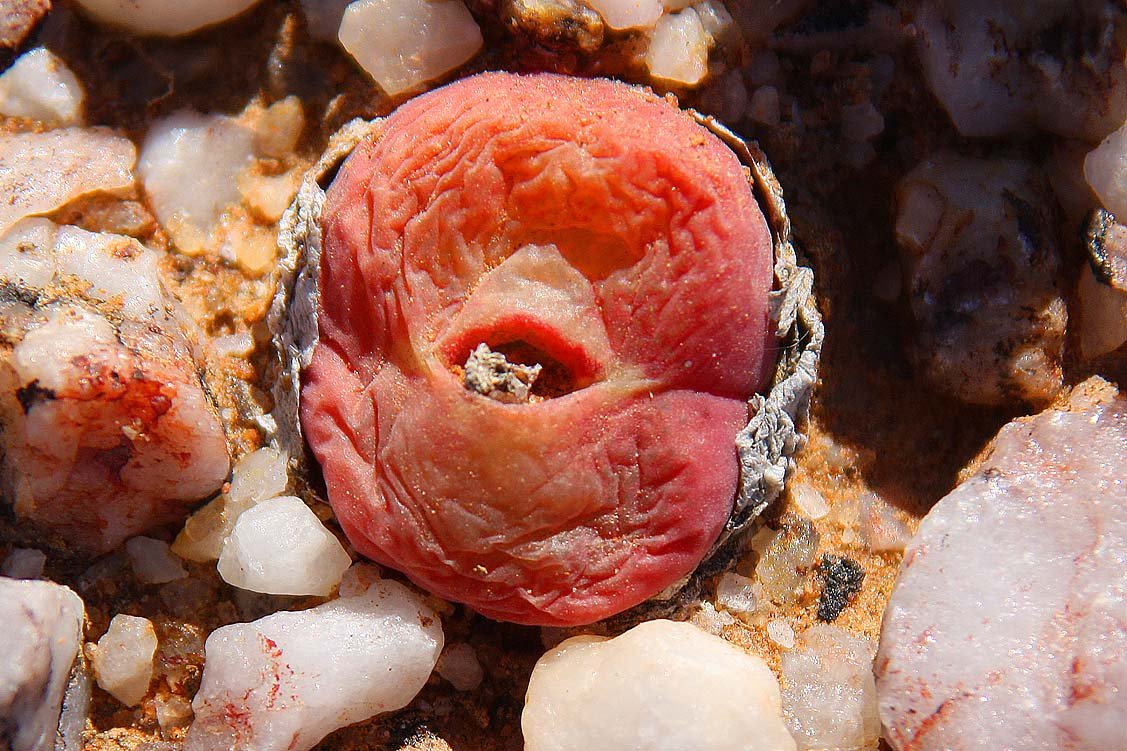
Your contribution to protect the plants
■ If you buy plants: look carefully at who you buy from. Only buy from accredited, trustworthy traders, leave them alone as soon as something seems the least bit dubious to you.
■ If you come across suspicious sales activities on the internet, report them immediately. (e.g. to CapeNature, the responsible platform operator or the local police, who can often be reached via online forms on the internet.
■ If you post pictures of cacti/succulents on the internet, make sure that no GPS coordinates are attached to the picture. These are read by illegal traders and used to locate the sought-after plants.
■ Find out more on the internet (e.g. the British Cactus and Succulent Society’s facebook groups, or local sites). Or click on the quotes scattered in this article.
David Johnson, Conophytum Expert, geographical.co.uk,
■ Always keep your eyes open, inform yourself and other people.
■ Create AWARENESS whenever the opportunity arises.
Dan Roberts, British Cactus and Succulent Society facebook group.
My contribution: AWARENESS-CAMPAIGN with FREE downloads
Since I am a designer, I have decided to use my professional skills: I created a catchy logo in four different colour combinations, showing a stylized Argyroderma delaetii and the slogan „FIGHT PLANT POACHING“.
Download your favourite – it’s absolutely free – and have it printed on a t-shirt, on a canvas bag, on your coffee mug for work – and show your colours. You’ll be asked about it, I promise! Now it’s your turn to create awareness!

Four “sexy” posters, DIN A3 (without bleed) for colour printers.

These posters are intended for all traders of plant products, e.g. for flower shop owners, hobby succulent growers who sell at a fair, etc. The plants displayed on these posters are: Argyroderma delaetii, Crassula alstonii, Conophytum subfenestratum and Mesembryanthemum digitatum.
Or do you grow succulents and sell them at sales fairs? Then you should download your choice of posters, print them and decorate your booth. Thus you show at first glance which side you are on – and you will be asked a lot of questions. Best conditions to create awareness.
Be prepared: some more links
vox.com
modernfarmer.com
theguardian.com
mentalfloss.com
bgci.org
Schreibe den ersten Kommentar